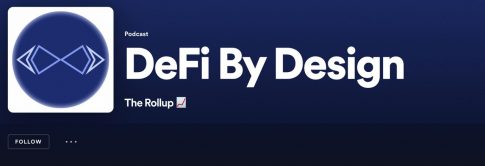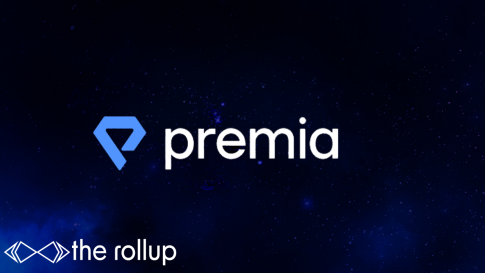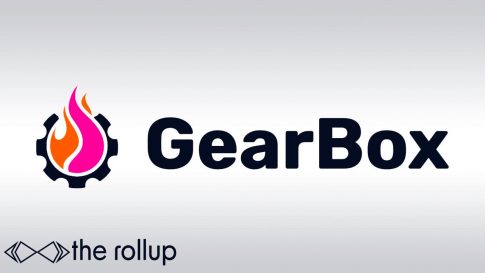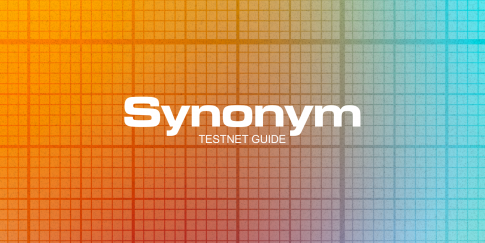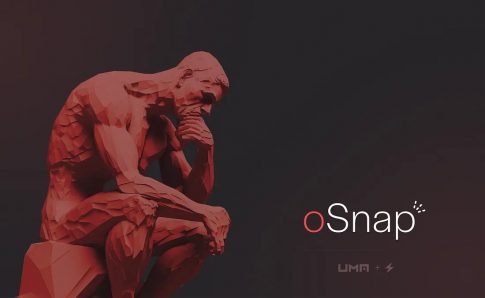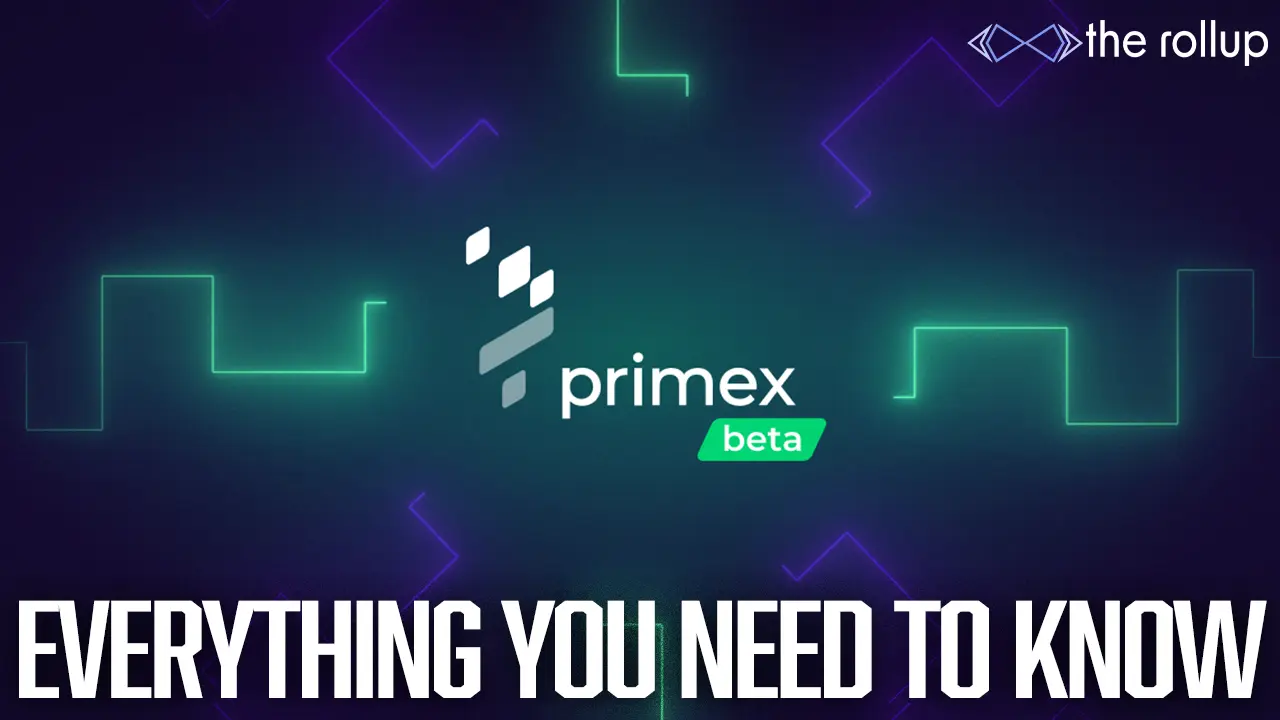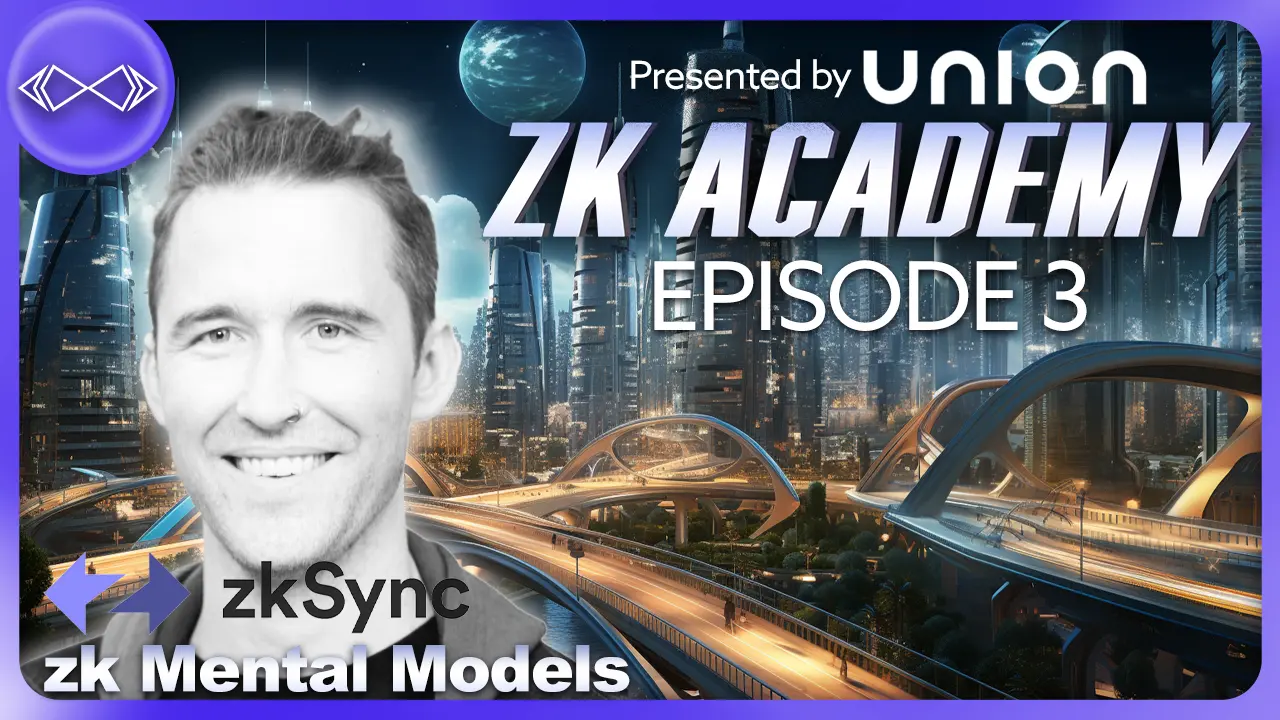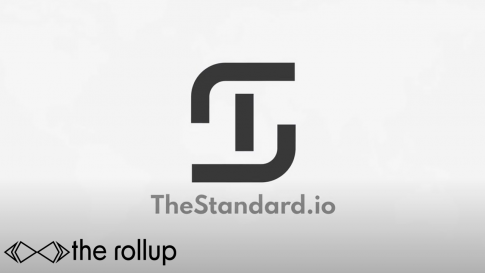
A lively discussion on the evolution, challenges, and diversity of zkEVMs in the Ethereum ecosystem.
NFL Season is available to trade on Overtime – Sports market AMM built on Thales Market, a Synthetix ecosystem project. Earn your share of 90k $OP, 90k ARB, and 180k $THALES in incentives. Try it ???????? HERE!
Premia Finance is a decentralized options protocol that revolutionizes market-driven pricing and provides capital-efficient returns for all. Head over to Premia Finance today and start taking advantage of the future of decentralized finance! HERE.
High Rollers:
At the recent DevConnect Istanbul conference, an engaging panel of experts convened at the L2DAYS event to explore the future of zkEVMs (Zero-Knowledge Ethereum Virtual Machines) and their impact on the Ethereum ecosystem.
The lively discussion, moderated by Tarun Chitra, delved into the evolution, challenges, and diversity of zkEVMs, highlighting the importance of collaboration and innovation in shaping the future of DeFi.
Cheers,
The Rollup
Exploring the Future of zkEVMs at L2DAYS Panel in DevConnect Istanbul
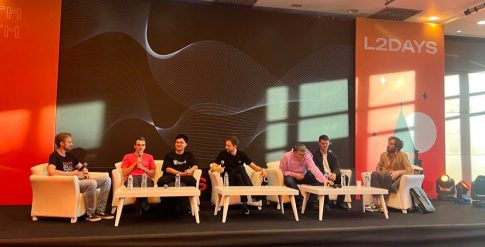
The first question from the moderator is about the compiler for zkRollups, about using a custom compiler.
It appears that Tarun Chitra has just arrived as he is confused as to why he’s not on stage moderating. LOL.
Tarun is taking over now, “did you guys already do intros?” First question “Which one of you thinks you’re the first zkEVM?”
Alex G answers “Ethereum spirit” built the first zkEVM
Jordi explains that EVM means Ethereum Virtual Machine, he claims Polygon first, Scroll second, then Linea, and then zkSync.
Alex G (co-founder of zkSync) is grinning. Haha, Jordi goes on to say that it’s not important who the first is. Declan agrees.
Declan elaborates how diversity has been built amongst the different zkEVMs, and how this reflects the ethos of Ethereum. Hahah
Clement Walter says “we know one thing for sure, we were the last one”
The next question from Tarun is about the tradeoffs in the design choices which were made for each of their zkEVMs, Jordi Baylina answers and refers to Polygon zkEVM moving closer to Ethereum equivalence.
Declan says that Linea is shooting to be a type 2 zkEVM, because it feels the same for devs. They use the EVM bytecode and same compiler.
They are able to fine tune performances in the chain so that in a few years from now they will have a very performant prover.
They have a two step proving system based on lattice based cryptography. They can generate an “inner proof” then compress it to an “outerproof” and then its cheap to process/prove on Ethereum.
Clement explains how Cairo is easier to use for programming contracts in Starknet. They consider themselves pushing the boundaries for new coding languages and interop.
Next, Tarun Chitra opens up a topic about decentralization of prover networks and sequencer level. He mentions some projects are hardware focused and others are prioritizing different aspects with their provers.
He mentions that sequencers not being single nodes is important.
Brecht starts off by saying they will not have a centralized sequencer for their L2 when they go live.
He says in theory its easy to set this up, but in practice there are multiple blocks in L2s and need to executed by a proposer, who is expected to make money.
This is important to lock down and make sure its right, to ensure little downtime/congestion.
The proposer will select the prover with the lowest fees, so Brecht says they have to be careful with centralization risks if they have one prover who always gets the blocks = problem.
Brecht explains further how minimizing the costs and managing extreme centralization is the balance that they need to obtain.
Next Ye begins to explain how Scroll is handling this situation.
He mentions they dont need a decentralized sequencer at a very early stage as problems can easily arise from this, seeing as the sequencer tech is not complete.
It can be a big issue if you have a fully decentralized sequencer but its not fully production ready.
Lack of control causes circuit capacity issues, as well as overflow problems or bugs, which becomes hard to very aggressively decentralize a sequencer.
Makes sense. Best explanation I’ve heard of this so far in all content I’ve consumed.
He continues…They are working on proposals which can rapidly increase the speeds of their zkEVM and are seeing a huge trend towards improving the efficiency of their prover, thus they are taking a “step by step” approach towards decentralization of their sequencer and prover.
Based.
Then, Ye Zhang mentions further that Scroll is moving towards this with more research.
Next, Alex G asks why is having multiple provers a problem? To him, this makes the most sense in case of bugs or circuit issues…?
Above my head a bit here. Lol.
Alex continues to explain that whoever has the authority to submit proofs could “fake it” which would cause a desire to decentralize further to have a “second layer” of protection.
If circuits fail, you could at least fall back on PoS consensus.
He says for zksync they absolutely have to decentralize the prover. A “non-negotiable” in his eyes.
For them, the work is full ongoing for full decentralization of the entire zkStack.
Hyperchain take over…sooooon?
Next, Jordi Baylina speaks about how proofs should be built in a decentralized manner starting at the consensus layer.
He explains how an aggregation layer will be used to execute coordination of different chains within the Polygon zkEVM stack.
Similarly to our last interview at EthCC in Paris this year, Jordi refers to the Polygon zk network as “a constellation” using shared provers to access liquidity and facilitate interoperability.
Based.
Declan Fox up next…
He says Linea will be decentralized next year. He says they are focused on more diversity on execution, and building towards a multi-prover.
He agrees with Alex G’s points and further states that EVM will be continuously evolving over the next few years.
Due to this, Linea is aiming to be agile and decentralize their tech stack alongside an evolving execution layer, EVM.
Next, Clement Walter states that Starknet is moving towards decentralization as well.
Next, Tarun Chitra gets the stage back and mentions that nearly everyone mentioned “circuits” as a cause of concern, or at least a focus point.
He asks the panel how they see that situation evolving and how each team plans to focus on this?
Brecht starts again explaining how Taiko is tackling this challenge and how its a long journey to get there.
They aren’t live on mainnet yet, so different POV for Taiko compared to other zkEVMs on stage.
He focuses here on lowering complexities as a solution to security.
Then, Ye goes on to explain how with a Linux system its very hard to not have a bug. To address this, they are focused on having dozens of contributors/auditors on their code to scan for bugs.
He mentions that Scroll has paid millions of $ to auditors across the board
Also, Ye Zhang explains how they have auditors checking various parts of their stack, including execution clients.
Moreover, they have a big $1M bug bounty at Scroll – so go find some bugs frens!
These L2s raised so much, they must spend on audits.
Foolish not to.
Pushing forward, Alex G says you have to do a lot of things in parallel (bug bounties, audits etc).
He says having open source code is not enough, saying they recently did a huge code security code contest on Code Arena with a $1.1M prize whether bugs are found or not (p.s. watch our recent podcast with Alex here)
My goodness. Yesterday at Modular Day, Rushi Manche semi-jokingly said the only profitable companies in crypto rn are auditors.
Apparently he’s spot on.
Next, Jordi Baylina speaks on Polygon’s approach…He states that more layers and more code is a bit of a problem. However, they have increased their “speed of maturity” can increase because of the design choices they chose in the beginning for their tech.
Declan Fox adds that they need to make auditing easy.
It’s important to focus on transparency & open source at the proper level.
He amplifies what Jordi Baylina said about the way they have built Linea has been done in a thoughtful, modular way which allows for better auditing, testing, and improvements.
The “measure twice, cut once” vibe is definitely apparent on this question.
Finally, Clement explains how Kakarot ZkEvm is utilizing tech/code from StarkWare Ltd as a foundational part of their tech which helps to ensure the tech security.
The last question from Tarun Chitra is to say something nice to the person next to you about their project!
Brecht looks at Ye Zhang and says “Scroll has been building in an open fashion” the entire time and he really appreciates that.
Hahhahaha, Ye Zhang can’t come up with anything for Alex G, but he says they have some really fast GPU components.
The crowd is laughing, hahahah.
Alex says that Polygon has built a super flexible architecture and it’s really impressive on a modular scale.
Next, Jordi says to Declan Fox says that the Linea team’s tech can generate really fast proofs.
Declan says this is “zk therapy”
Declan says that Kakarot ZkEvm implementation is far different than the rest here and that the diversity is amazing for different use cases and possibilities.
Finally, Clement Walter says to Taiko it’s very important they built to a type 1 zkEVM. Ethereum equivalence, baby!
Clement says they want to be type one as well, and Taiko has done a very good job thus far!
That wraps up our panel, really good moderation from Tarun Chitra thank you for the entertainment sers!
???? Together with:
Composable leverage protocol. Open a Credit Account & get 15%+ with DeFi-native leverage; or earn passive lending APY with no stress ???? Here
It’s officially time to start testing the first version of Synonym. Break things, provide feedback, and of course, get rewarded.???????? Here
Off-chain governance. On-chain execution. Optimistically execute governance transactions on-chain where your community can approve them. Check it out Here!
The Rollup Report ????????????
⚠️ DISCLAIMER: Investing in cryptocurrency and DeFi platforms comes with inherent risks including technical risk, human error, platform failure and more. At certain points throughout this post, we might get a commission for promoting certain projects, if this is the case we will always make sure it is clear. We are strictly an educational content platform, nothing we offer is financial advice. We are not professionals or licensed advisors.
???? Check Us Out On Twitter!
???? Subscribe to our YouTube channel!
???????? Join the The Rollup Discord Server!

